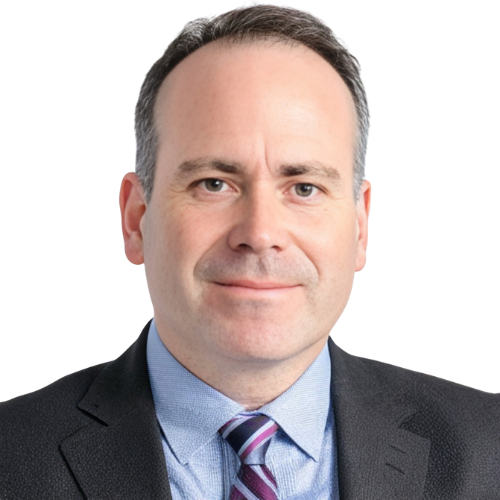
Michael Hills
Editor-in-Chief
Michael Hills is driven by a profound commitment to demystifying the insurance industry and advocating for transparency and trust. With over a decade of experience in journalism and editorial leadership, he is dedicated to illuminating the essential truths behind insurance practices. Under his stewardship, Jacobi Journal has become a vital resource for individuals seeking to understand their rights and responsibilities within the realm of insurance.
Michael believes that education is the cornerstone of protection, and he is passionate about equipping readers with the knowledge needed to recognize potential pitfalls, such as fraud and misinformation. His goal is to foster a culture of honesty and awareness, ensuring that the original intent of insurance as a social safeguard is preserved for future generations.
Outside of his professional endeavors, Michael is an avid traveler and a lifelong learner. He enjoys exploring diverse cultures and their approaches to risk management and community support. When he’s not traveling, you can find him hiking in the mountains or curled up with a good book, often delving into topics related to history and social justice.
Michael values community engagement and frequently participates in local initiatives that promote financial literacy and consumer rights. He is also a devoted mentor, guiding young journalists and aspiring writers to develop their voices and make meaningful contributions to the industry.
Through his work at Jacobi Journal, Michael Hills continues to champion the principles of trust, transparency, and education, ensuring that insurance remains a tool for protection and security for all.